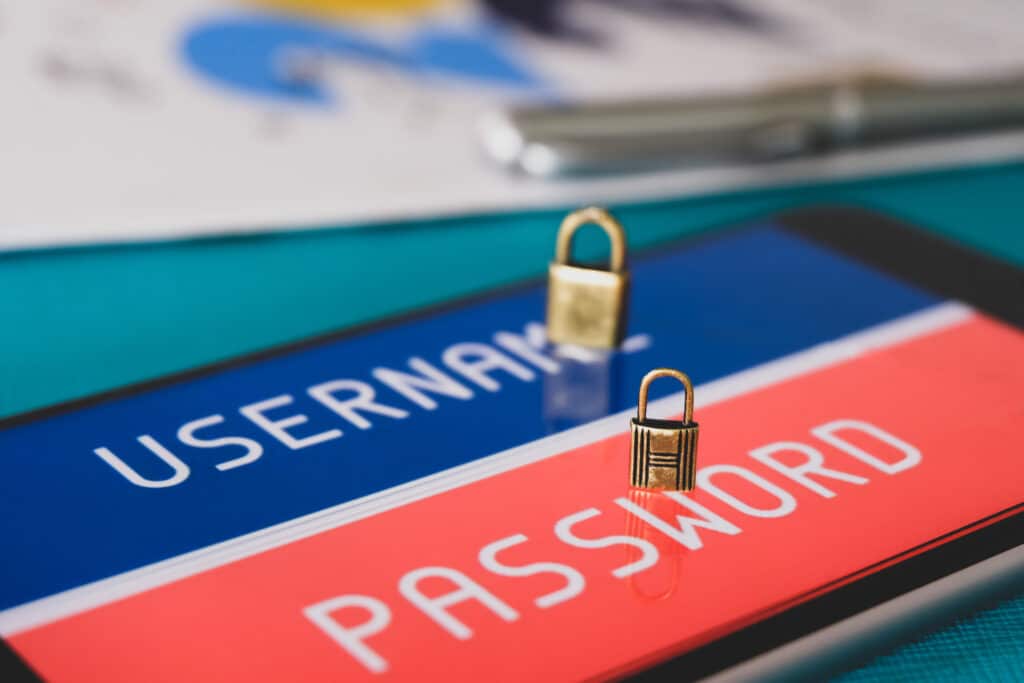
As of today, businesses of all sizes that are involved in digital activity are vulnerable to cyber-attacks and other digital threats. Theft of digital information has surpassed physical theft as the most frequently reported fraud in cybercrime, which is on the rise. The most frequent attack types now include malware, phishing, and ransomware, which can harm small businesses and huge corporations. This article will cover network security and how it may shield enterprises from online attacks.
The attempts to steal data and dame computer systems are rising, and businesses of all sizes are at risk. In 2022, the average data breach cost was $3.86 million, and small businesses were likelier to experience a data breach than large businesses.
Malware is one of the most prevalent sorts of cyber-attacks. This nefarious software can steal data, turn off computer systems, and monitor user activity. Malware comes in various forms, including viruses, worms, trojans, and ransomware.
Businesses are frequently affected by ransomware, a virus that encrypts a victim’s files and demands money to unlock them. In 2021, ransomware attacks cost businesses an estimated $7 billion.
Cybercriminals are constantly developing new malware threats, so businesses need to have strong cybersecurity measures in place.
Cyber Attack Report

A cyber-attack report by the Federal Communications Commission (FCC) indicated that every business that uses the Internet is responsible for creating a culture of security that will enhance business and consumer confidence. This means companies must proactively protect their networks and data from cyber-attacks.
Another study made by Checkpoint reported that the number of cyber-attacks increased by 38% in 2022. The report also found that cybercrime fraud cases cost businesses an estimated $4.35 billion.
Phishing accounted for 32% of all cyberattacks, making it the most prevalent type. In this kind of social engineering assault, emails or texts that look to be from a trustworthy source are sent. The emails or texts frequently include a link that downloads malware onto their computer when clicked by the recipient.
Data breaches happen when private information about customers or financial data is taken from a company. Attacks known as denial-of-service include saturating a server or website with traffic to the point where it is inaccessible to authorized users.
Data breaches occur when sensitive data, such as customer PII or financial information, is stolen from a business. Denial-of-service attacks involve flooding a website or server with so much traffic that it becomes unavailable to legitimate users.
What is Network Security, and how can it help your business?
Network security refers to the policies, procedures, technologies, and measures designed and put in place to protect a computer network from unauthorized access, misuse, modification, or denial of service. It involves using hardware and software technologies to secure the network infrastructure, data, and devices connected to the network.
Network security can help protect businesses from cyber-attacks by:
- Training employees in security matters
- Protecting data, computers, and networks from cyberattacks.
- Establishing a culture of security
- Selecting and supporting a “Security Program Manager.”
- Using anti-malware software and keeping it up to date
- Keeping your software up to date
- Searching for new defense mechanisms, like intrusion prevention software
All sizes of businesses must actively guard their networks and data against cyber-attacks. Attacks using malware, phishing, and ransomware are rising and can target small companies and huge corporations. Network security can help protect businesses from cyber-attacks by establishing a safety culture, using anti-malware software, keeping it up to date, and installing the latest patches and updates. By taking these proactive measures and with the help of a Managed Service Provider, businesses can enhance business and consumer confidence and protect themselves from cyber-attacks.
